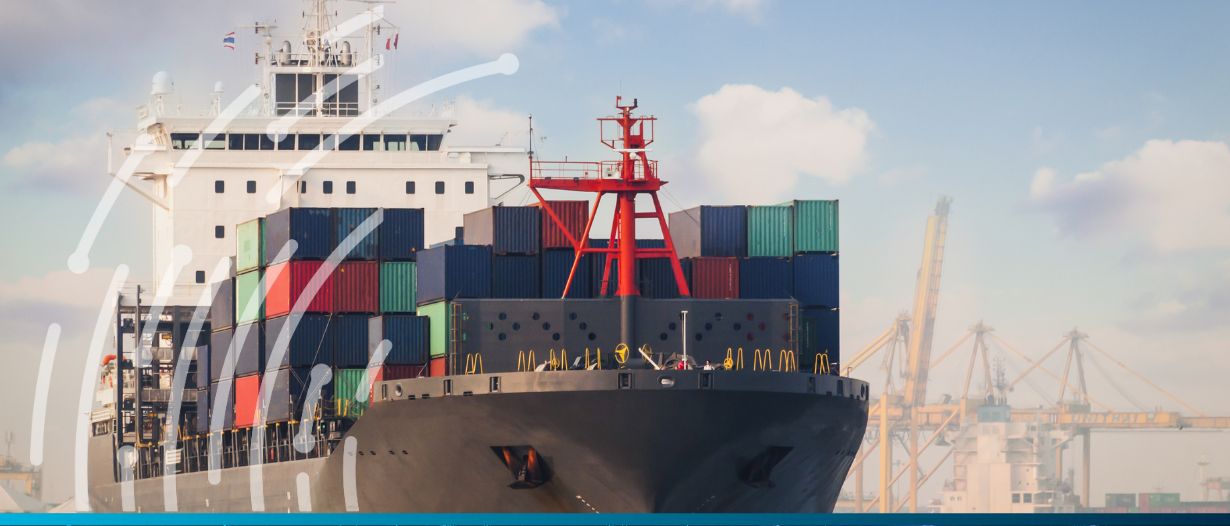Estimated reading time: 2 minutes
A.P. Moller-Maersk, a shipping conglomerate, issued a warning on Friday that the worldwide demand for ocean freight containers might see a sharper fall this year, owing to restrained economic expansion and a reduction in inventory by clients.
This global shipping giant, which operates approximately 17% of the market share in container shipping, has projected a dip in container volumes by up to 4%. The company’s earlier prediction was a decrease of no more than 2.5%.
One of the largest container shipping companies on the planet, Maersk, holding roughly a 17% market share, handles transportation for retail and consumer brands like Walmart, Nike, and Unilever.
“Maersk continue to expect muted global macro-economic growth given continued pressure from higher interest rates and potential recessionary risk in Europe and the United States,” the firm stated in a release.
In the previous year, Maersk reported unprecedented earnings, which were a result of elevated consumer demand, pandemic-induced port bottlenecks, and high freight rates. However, this year has seen a decline in freight rates due to a slowing down of the global economy.
On Friday, the company disclosed second-quarter earnings that exceeded projections and fine-tuned its profit forecast for the year.
Earnings before interest, tax, depreciation, and amortisation (EBITDA) dwindled to $2.91 billion for the quarter, down from $10.3 billion the previous year but outstripping analysts’ expectations of $2.41 billion as per a Refinitiv poll. Revenues took a hit of 40%, dropping to $13.0 billion.
The company’s anticipated underlying EBITDA now stands between $9.5 billion and $11 billion. Earlier, it had anticipated underlying EBITDA in the range of $8 billion to $11 billion.
Maersk noted a 6% decrease in the number of containers loaded onto ships between April and June compared to the same period last year, and a halving of the average freight rates.
“The second-quarter result contributed to a strong first half of the year, where we responded to sharp changes in market conditions prompted by destocking and subdued growth environment following the pandemic fuelled years,” stated Chief Executive Vincent Clerc.





























